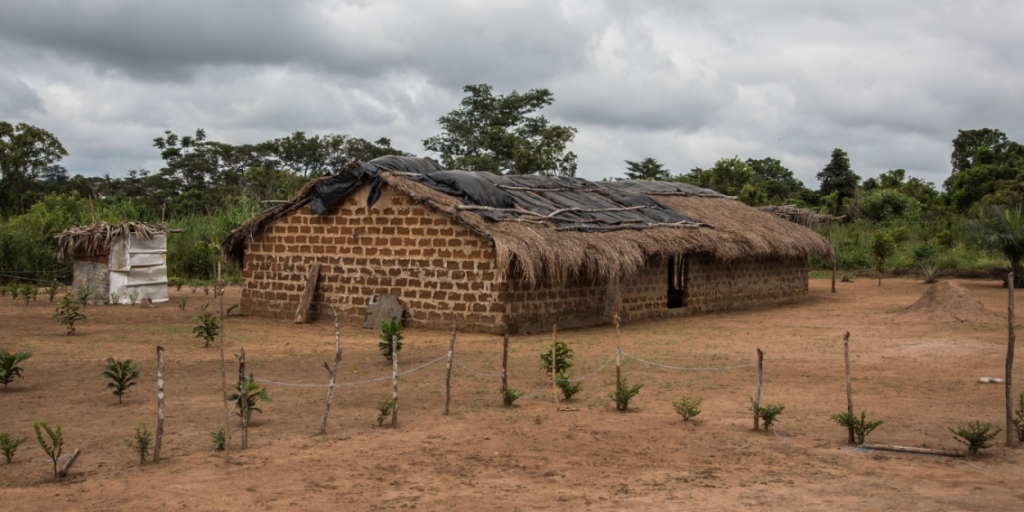The group has claimed responsibillity for the attack and released pictures from it – they will not be shown in this article.
Others are reading now
The group has claimed responsibillity for the attack and released pictures from it – they will not be shown in this article.
What is happening?
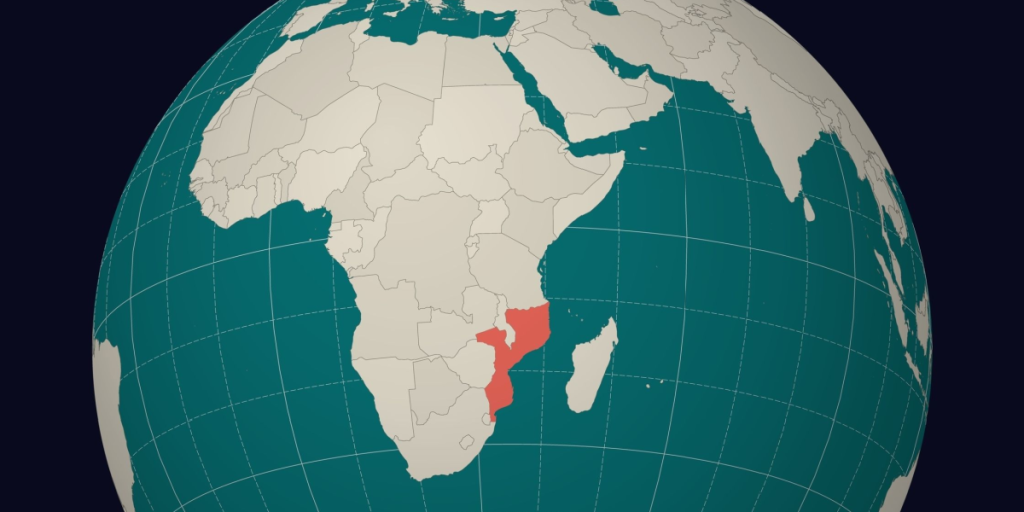
A wave of brutal attacks by the Islamic State Mozambique Province (ISMP) has left at least 30 Christians dead, the Middle East Media Research Institute (MEMRI) reports..
The militants, released graphic photos showing civilians being executed by beheading and close-range gunfire, highlighting a surge in extremist violence in the region.
Churches and homes torched
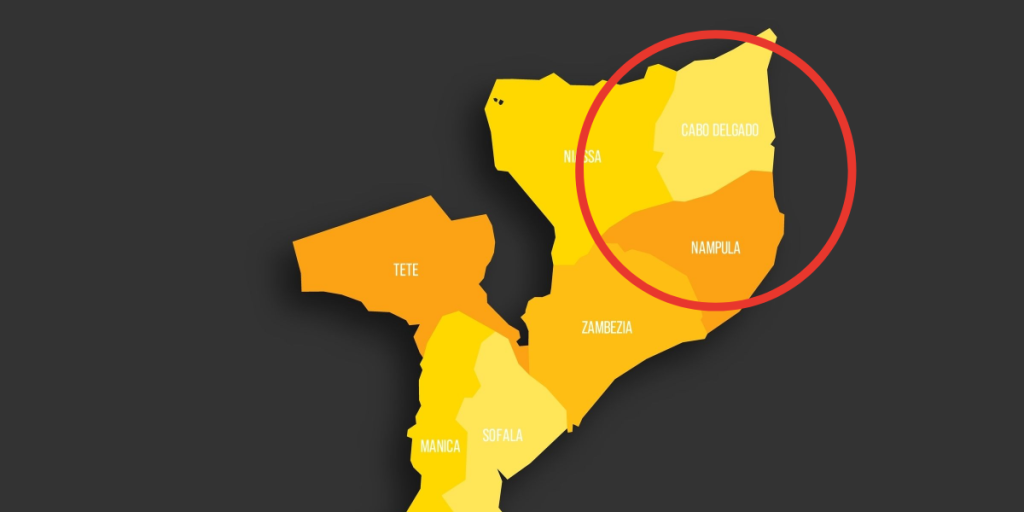
According to MEMIR, the attacks took place across the Cabo Delgado and Nampula provinces in northern Mozambique.
ISMP fighters burned down five churches and around 100 homes, targeting Christian communities.
Also read
The coordinated assaults happened in the final week of September, devastating entire villages.
Civilians recount horror as gunmen stormed villages
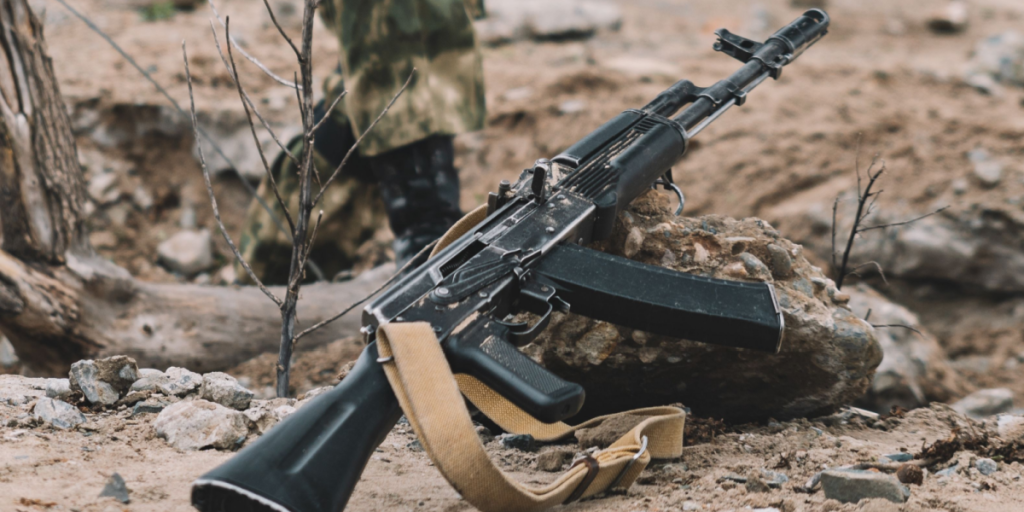
One local resident described the chaos, telling reporters how militants entered his neighborhood at night.
“They killed four and kidnapped four others, including a woman and her two daughters,” he said.
The Islamic State Mozambique Province openly claimed responsibility for the attacks.
Mozambique renews security pact with Rwanda

In response to the escalating violence, Mozambique is strengthening its defence ties with Rwanda.
Also read
A new agreement signed in August will see Rwandan forces continue their deployment in the insurgent-hit Cabo Delgado province to support local security efforts.
Rwandan troops already on the ground since 2021
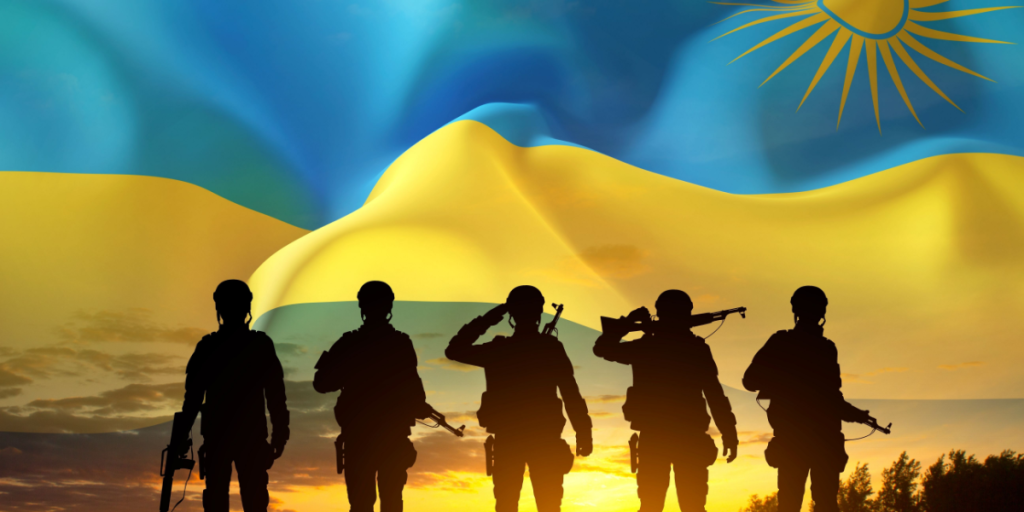
Around 1,000 soldiers and police from the Rwanda Defence Force have been stationed in Mozambique since 2021.
Their mission is to help contain the Islamic State-linked insurgency that has gripped parts of northern Mozambique for years.
Cabo Delgado remains the epicentre of conflict
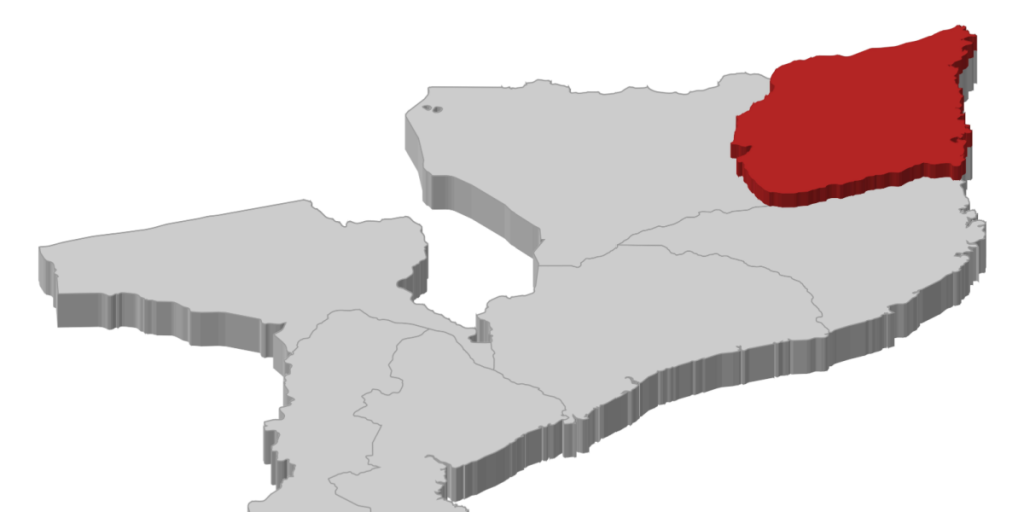
Cabo Delgado, a gas-rich region in northern Mozambique, has been at the heart of the Islamist insurgency.
The province has suffered repeated attacks since ISMP began its campaign of violence nearly a decade ago, leaving thousands dead or displaced.
Also read
ISMP’s violent rise began in 2017
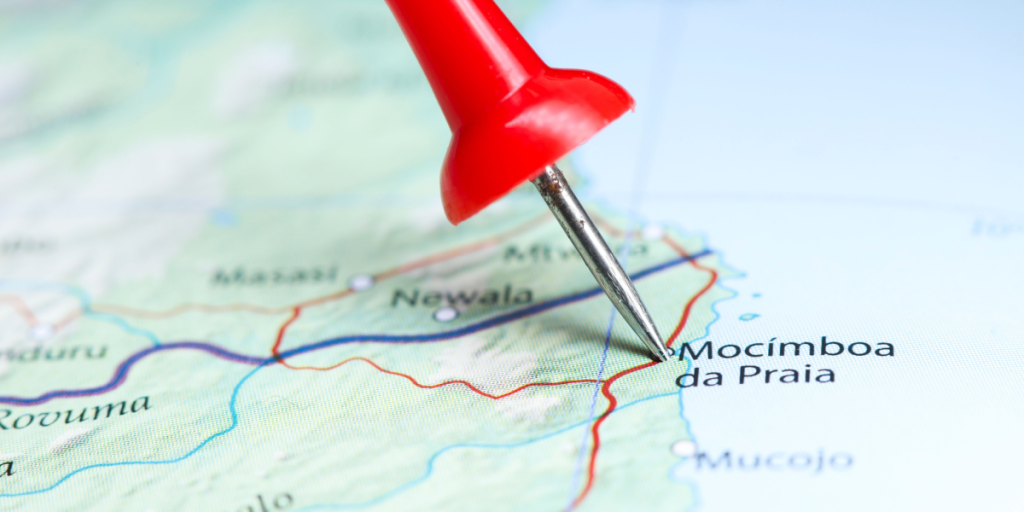
The group’s first major assault came in 2017, when militants attacked the coastal town of Mocimboa da Praia.
That incident marked the beginning of a violent insurgency that has since expanded across the region.
Global attention after Palma massacre in 2019

In 2019, ISMP gained international notoriety after launching a devastating assault on Palma.
The town, located near key gas projects, was left in ruins. Dozens of people were killed, and thousands more were forced to flee for safety.
Ongoing instability threatens regional development

The continued threat from ISMP jeopardises both lives and economic progress in Mozambique.
Also read
As violence spreads, the region’s vast natural gas resources and long-term development remain at risk, underscoring the urgency of international support and regional cooperation.
Self-proclaimed global caliphate
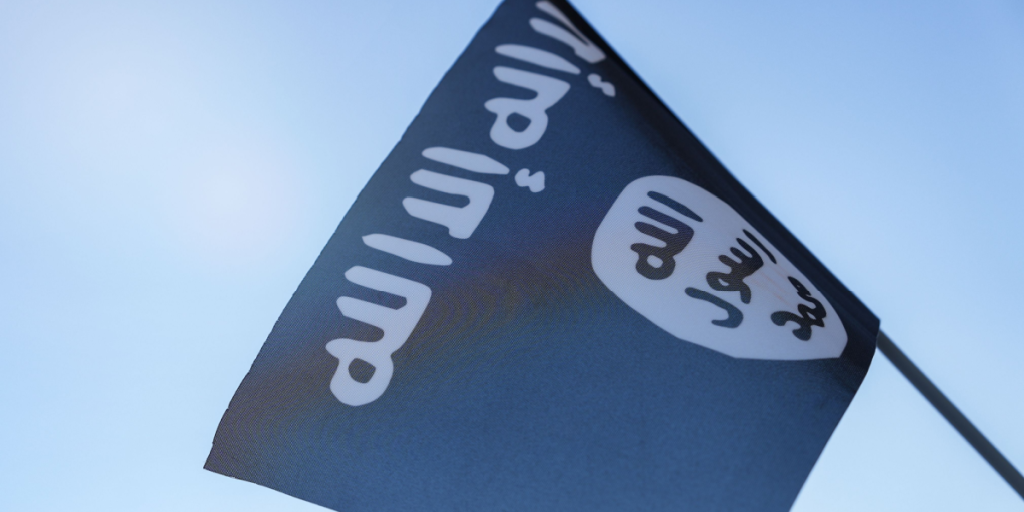
ISIS was founded in 1999 and has sinced evolved into a self-proclaimed worldwide caliphate.
At it’s peak, the organisation was described as a quasi-state due to it’s expand, but it has since lost much of its territories.
It does, however, still hold large territories in Africa.

